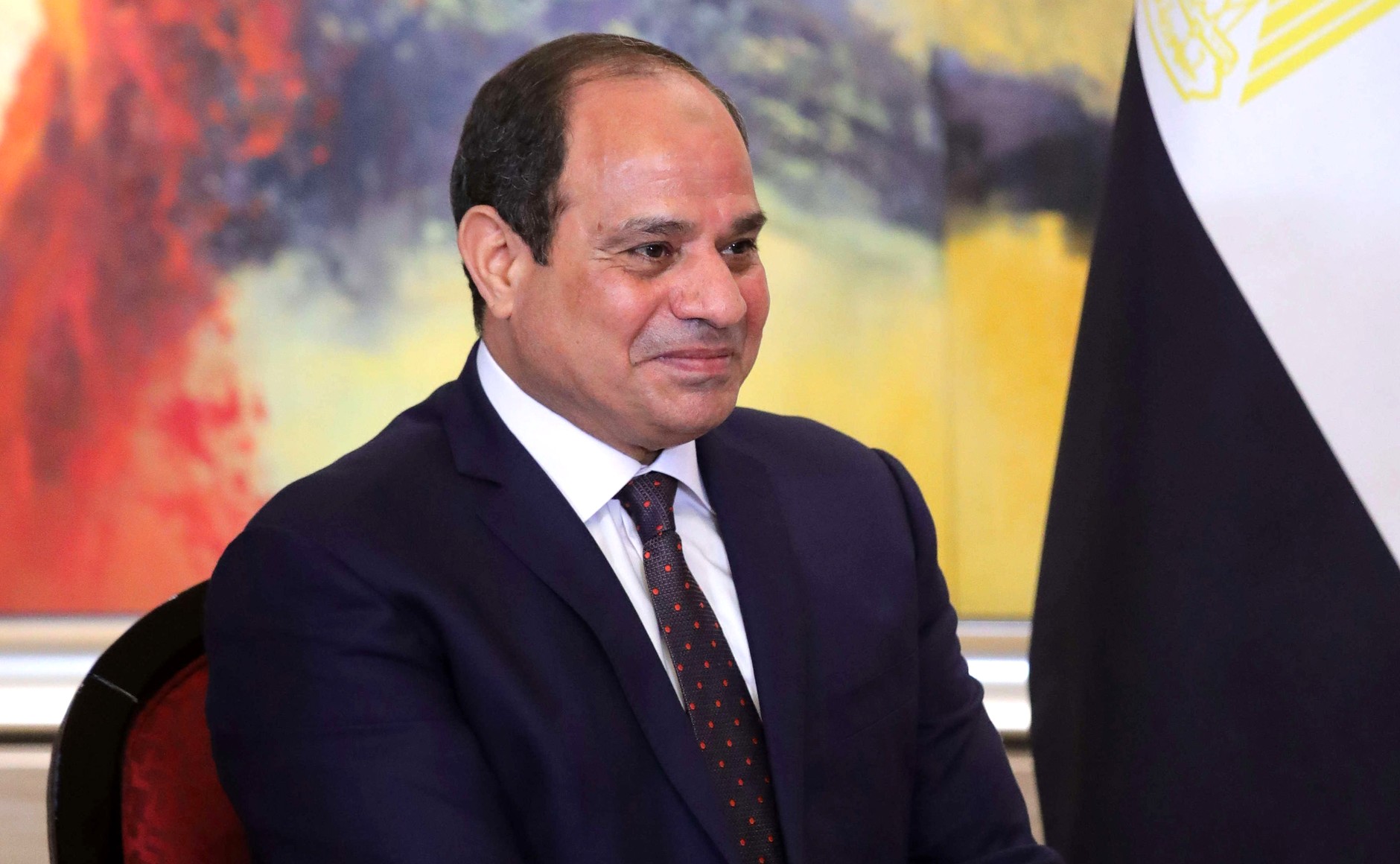Home » Crises in Sudan and Ethiopia Heighten Uncertainty in Nile Dam Dispute
Crises in Sudan and Ethiopia Heighten Uncertainty in Nile Dam Dispute
January 12, 2022

Nicolas Reeves
Nicolas is a Middle East and North Africa Analyst. He focuses primarily on North Africa and the Levant, and his thematic interests include analyzing resource disputes, governance issues, and power dynamics between different actors in intra- and inter-state conflicts.
